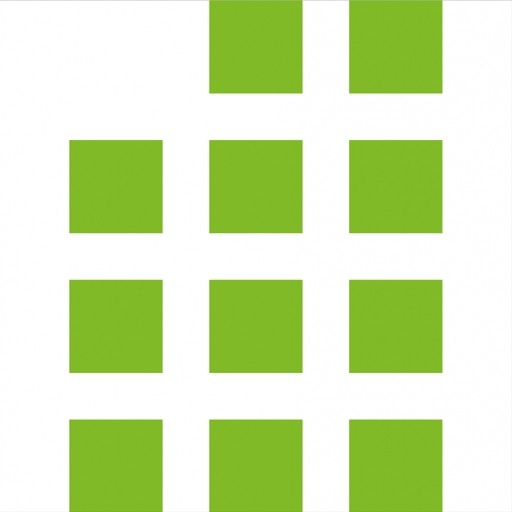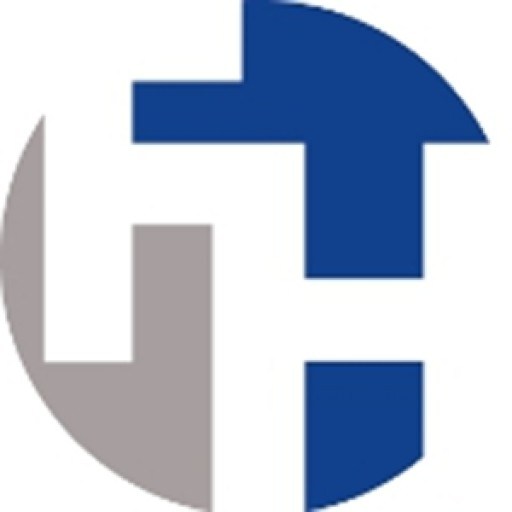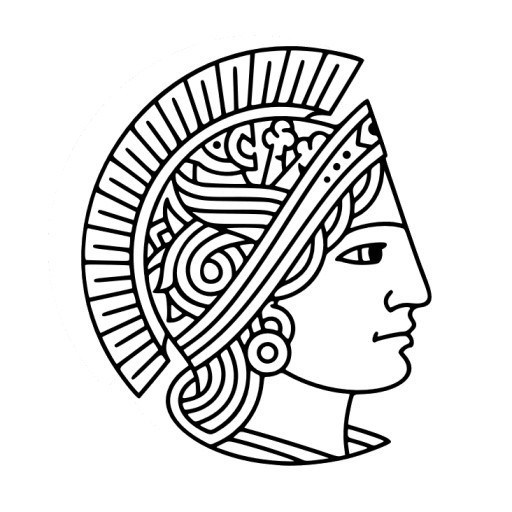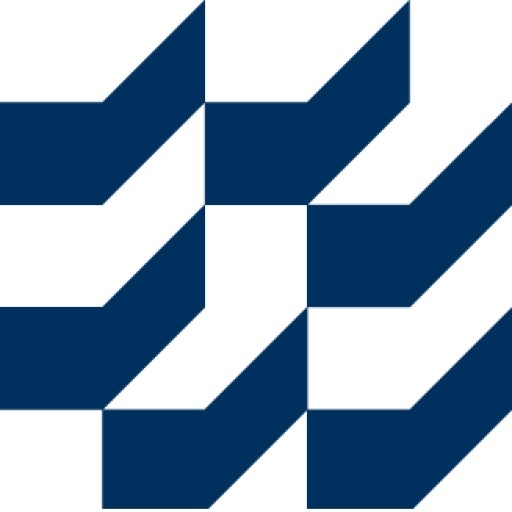Photos of university / #thmittelhessen
The Bachelor of Science in Information and Communications Engineering (ICE) at the Technical University of Applied Sciences of Central Hesse (THM) is a comprehensive and practical program designed to equip students with the essential knowledge and skills required for the rapidly evolving field of information and communication technologies. This undergraduate degree program combines theoretical foundations with hands-on experience, preparing graduates for diverse careers in industry, research, and technological development.
Throughout the program, students explore a broad spectrum of topics including digital and analog communication systems, network architecture, signal processing, information security, and embedded systems. Emphasis is placed on developing a deep understanding of both hardware and software components, fostering the ability to design, analyze, and optimize communication networks and systems. The curriculum integrates core engineering principles with modern technological trends such as wireless communication, Internet of Things (IoT), and cyber-physical systems.
The program adopts a practical approach, providing students with numerous laboratory exercises, project work, and internships that facilitate real-world application of theoretical concepts. Students gain proficiency in programming languages, simulation tools, and engineering design software, enabling them to develop innovative solutions to complex communication challenges. The interdisciplinary nature of ICE ensures that graduates are well-versed in areas like computer science, electrical engineering, and information technology.
Students also develop essential soft skills such as teamwork, project management, and effective communication, which are critical for successful professional practice. The program’s structure is designed to foster critical thinking, problem-solving abilities, and adaptability, preparing students for the dynamic technological landscape of the communication sector.
Graduates of the ICE program are well-positioned for careers in telecommunications, network administration, system integration, cybersecurity, and hardware development. Additionally, the program offers a solid foundation for those interested in pursuing postgraduate studies or engaging in research activities within the field of information and communications engineering. With a curriculum aligned to industry needs and close cooperation with local businesses and institutions, the Bachelor's in ICE at THM aims to produce skilled, innovative, and adaptable engineers ready to meet the technological challenges of today and the future.
Educational organisation
Excellent teaching and research are our strengths. We strive to enable students to benefit from our cooperation with business partners. Labs and tutorials are included in each engineering subject.We encourage and foster both individual work and group work. Our programme is open to international and to German students. This gives all participants first-hand experience of work in international teams.
Study abroad unit(s)
Internships in German-speaking countries are possible.Internships
An internship of four to 12 weeks may be undertaken at the end of the second semester. We encourage students to combine the internship with the thesis project.Forms of assessment
Assessments are carried out through written or oral examinations, presentations, group projects, reports and a written thesis.Course objectives
Our international postgraduate programme "Information and Communications Engineering" (ICE) is an accredited university Master's degree course (MSc) taught in English, which provides a superior standard of education designed for engineering graduates who wish to obtain additional expertise and qualification in the field of information and communications engineering.In addition to deepening the engineering basis established during their Bachelor's studies, our students learn to successfully implement creative professional solutions. They are equipped to manage engineering projects in international teams.
Language requirements
English: proficiency according to the Common European Framework of Reference for Languages (i.e. TOEFL examination: at least 80 iBT; Cambridge First Certificate: grade B; IELTS score of at least 6.0 (in each discipline), TOEIC)German: basic knowledge of German for all international students (Level A1 - according to the Common European Framework of Reference for Languages). Successful completion of a German examination at level A1 (usually Goethe-Institut) must be certified.
Academic requirements
Academic degree (Bachelor's degree or German Diploma) in electrical engineering, information and communications technology or related subjects with a grade of at least "good" (equivalent to the mark 2.5 in the German grading system). Applicants who have studied Computer Engineering may apply if they have taken subjects in the area of Telecommunications during their Bachelor's programme.An official examination for English (e.g. TOEFL or IELTS)
An official examination for German (Level A1)
Detailed admission requirements and a complete list of application documents can be found on our website: http://ice.iem.thm.de
Applications are to be sent directly to the faculty of Electrical Engineering (FB IEM)
Enrolment fees
Approx. 280 EUR per semesterThis includes enrolment/registration fees, library fees, the contribution to the students' union, free public transportation in the region of Hessen as well as a social contribution.
This is not a tuition fee. Similar enrolment fees are applicable at most universities in Germany.
Costs of living
Approx. 660 to 750 EUR per month to cover living and personal expensesPlease refer to the detailed information on the DAAD website where you will find a good overview of the cost of living for students in Germany.
Job opportunities
Qualified and motivated students are sometimes able to find student jobs in companies, particularly in the Rhine-Main area, or as tutors in a lab. On a student's visa it is possible to work 120 days/year without an additional work permit.Arrival support
We are known for the support we give to new students (finding a room, support on the day of arrival and for enrolment, help with opening a bank account, registering at City Hall, making an appointment at the Immigration Office, subscribing to health insurance, learning about public transport and about shopping in Germany, etc.).Services and support for international students
The coordinator of the programme, assisted by tutors, provides necessary support in all matters (arrival, registration, official paperwork, counselling and social activities).Accommodation
We help students find a room in the halls of residence (Studentenwohnheim) and assist students with questions they may have regarding their rental agreement and their room. Accommodation is available through the organisation called "Studentenwerk".The ICE Office assists new students throughout their stay regarding all accommodation matters.The cost for a room per month is approx. 240 EUR.









